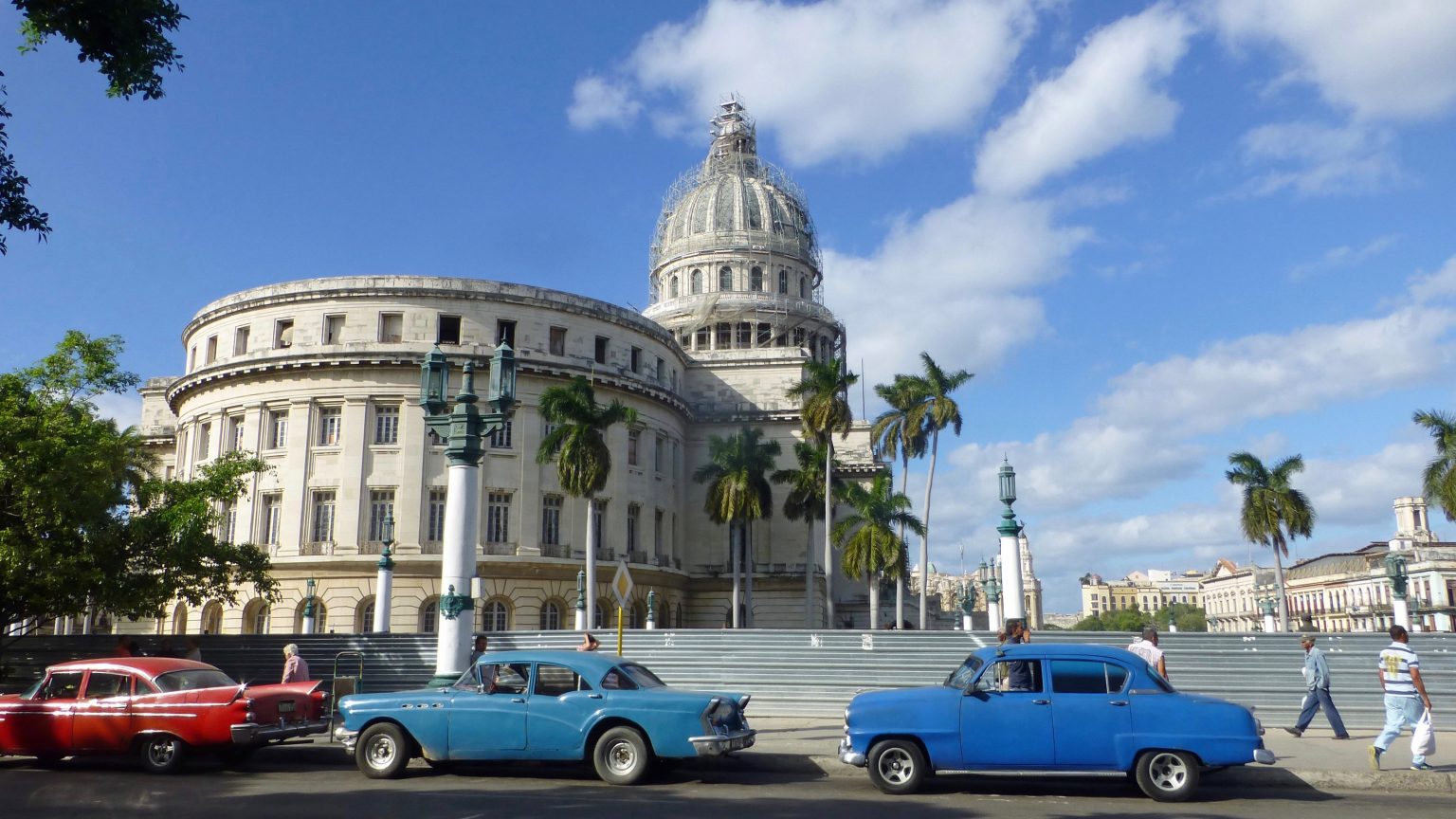by ROSA MIRIAM ELIZALDE

Renowned Cuban journalist Rosa Miriam Elizalde discusses the long-lasting impact of the US allegation that “sonic attacks” were carried out against US embassy staff
They called it “sonic attacks,” “health incidents,” and “Havana syndrome.” In September 2017, the United States government decided to withdraw all nonessential personnel and their families from their country’s embassy in Cuba. This decision was based on alleged inexplicable noises whose causes were unclear. Word spread that about 20 diplomats reported symptoms as varied as dizziness, vertigo, mental confusion, partial deafness, sleep deprivation, and gaps in basic vocabulary, supposedly caused by exposure to persistent sounds of unknown origin in their homes or hotel rooms.
The Cuban government denied over and over again that it was responsible for this strange disease that neither the laws of physics nor dozens of scientists from a wide variety of disciplines could explain. If, according to various versions by Trump’s State Department, the cause were a sonic or microwave weapon, how could the waves have been perceived by certain people gathered in the same place and not others? How could a strong energy emission have had a selective effect? Did someone have James Bond’s magic ray gun? Was it SPECTRE (Special Executive for Counterintelligence, Terrorism, Revenge, and Extortion), the secret organization that the most famous spy in British films fought against?
The National Security Archive, an independent nongovernmental research institute, based at George Washington University, recently released the executive summary of a 2018 report from the State Department’s Accountability Review Board (ARB) after a four-month investigation. The strange attacks against US diplomats in Havana served as a pretext to initiate the Trump administration’s sanctions against Cuba—242 measures in four years applied against a single country, an unprecedented record in US foreign policy.
The report states that CIA agents in Havana were the first to raise the alarm about the strange symptoms. We do not know what these spies were doing. Still, considering the long history of more than 60 years of a dirty war against Cuba, assassination attempts, and fanciful plans against Fidel Castro, such as putting explosives in the Cuban leader’s cigars and poison in his diving suits, the agency surely did not pay for their stay so that they could take daiquiris under a palm tree at the Hotel Nacional de Cuba.
Although exceptional, that is not the most relevant piece of information in the ARB’s investigation, which blames the State Department for “a lack of senior leadership, ineffective communications, and systemic disorganization.” What is remarkable is the recognition that they cannot explain what happened in Havana and could not identify a culprit. The report, delivered on June 7, 2018, to then-Secretary of State Mike Pompeo, states, “We do not know the motive behind these incidents, when they actually commenced, or who did it.”
People’s Dispatch for more
